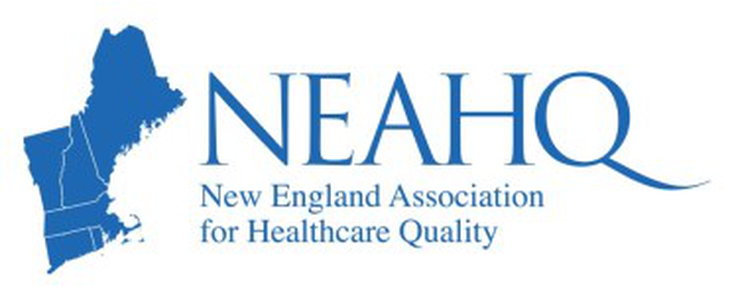
The Massachusetts Breast Cancer Coalition (MBCC) is sharing an important, no-cost Continuing Medical Education (CME) course on exposures and health effects of PFAS—also called “forever chemicals.” Developed with input from PFAS-affected communities and currently offered for credit by Michigan State University (MSU), this course provides valuable insights into the health impacts of PFAS, strategies for exposure prevention, and patient care.
About the Course
This PFAS-REACH CME course aims to enhance clinical understanding of PFAS exposure, covering individual risk factors, federal screening recommendations, and follow-up protocols. The perspectives of PFAS-affected community members provide a vital, real-world context to the material. Participants who complete the course through MSU are eligible for CME credit, and there is also a public viewing link available on YouTube.
The course was developed by PFAS-REACH, a community-engaged research project that aims to reduce the health impacts of PFAS contamination. The project is led by Silent Spring Institute in collaboration with Northeastern University and Michigan State University, and MBCC proudly serves as a community partner on the study. The PFAS Exchange is an online resource center developed by the PFAS-REACH team with leadership from Dr. Laurel Schaider of Silent Spring Institute, Dr. Phil Brown of Northeastern University, and Dr. Courtney Carignan of Michigan State University.
How to Access the Course
● MSU CME Platform (for CME credit): Access the CME Course
- Click “Sign in to register” and create a free account.
- After signing in, answer a few preliminary questions to start the video.
- Complete the video and follow-up questions to receive your CME credit.
Note: Rewinding or fast-forwarding is disabled in the MSU CME version. For those who prefer the option to revisit sections, the YouTube link below offers full viewing control.
● Public Viewing (YouTube): Watch on YouTube
In addition, participants have the option to be contacted for an interview afterward, which we encourage as a way to further engage on this critical topic.
Additional Resources
This CME course is one of many resources available on the PFAS Exchange website, where you can find further health information on PFAS for both clinicians and the public.
